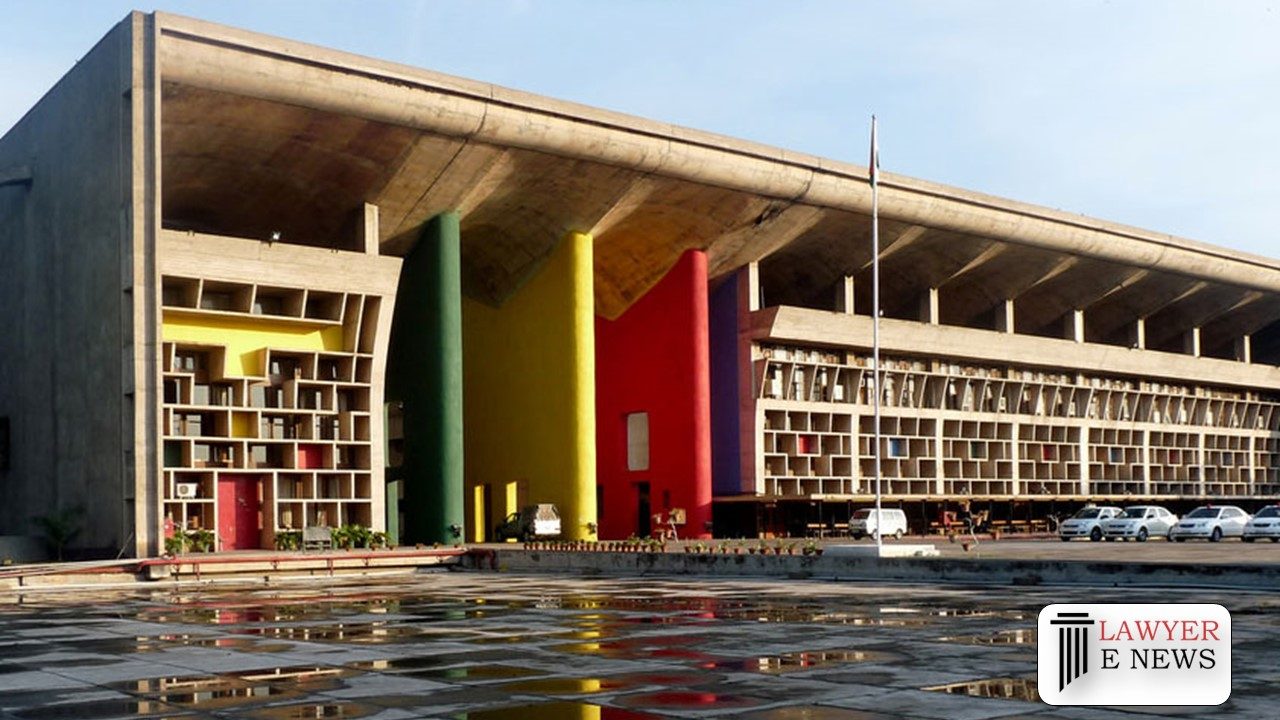-
by Admin
15 February 2026 5:35 AM



In a significant ruling, the High Court of Punjab and Haryana, led by Hon’ble Mr. Justice Rajbir Sehrawat, has set a precedent by quashing criminal proceedings under the SC/ST Act and various IPC sections. This decision, dated 14th November 2023, came in the case of Sohan Lal & others v. State of Punjab & another, emphasizing the importance of reconciling social conflicts through legal means.
The petition, filed under Section 482 of the Code of Criminal Procedure, sought to quash a criminal complaint registered at Police Station Sadar Abohar, District Fazilka, based on a mutual out-of-court compromise. The court noted the absence of any coercion or undue influence in reaching this settlement.
Justice Sehrawat remarked, “The ultimate aim, objective, and goal of a legal system is to reconcile the social conflicts,” underlining the judiciary’s role in resolving disputes that extend beyond two parties to impact society at large. This observation highlights the court’s progressive approach in handling cases involving social harmony and legal justice.
While recognizing the compromise between the disputing parties, the judgment also made a clear distinction between the nature of offences suitable for such settlements. It cited that grave offences involving governance, administration, or severe societal impact should not be compromised.
Referencing the precedent set by Gian Singh Vs. State of Punjab and another (2012), the judgment elaborated on the High Court’s power to quash criminal proceedings in line with the inherent jurisdiction provided under Section 482 of Cr.P.C. The court acknowledged that while heinous crimes like murder, rape, and dacoity are unfit for quashing based on settlements, disputes with a predominantly civil nature can be resolved through compromise, especially if continuing the proceedings would result in injustice.
The legal fraternity has welcomed this judgment as a balanced approach towards resolving criminal disputes, emphasizing the importance of judicial discretion in the interest of societal harmony and justice. Advocates Harpreet Singh Jakhal, Gurpal Singh Dhillon, and Kiranjeet Kaur represented the petitioners and respondents in this landmark case, respectively.
This ruling is expected to set a precedent for future cases, where the nature and gravity of the offence, along with the interests of justice, play a crucial role in deciding the course of legal proceedings.
Date of Decision: 14th November, 2023
Sohan Lal & others VS State of Punjab & another
